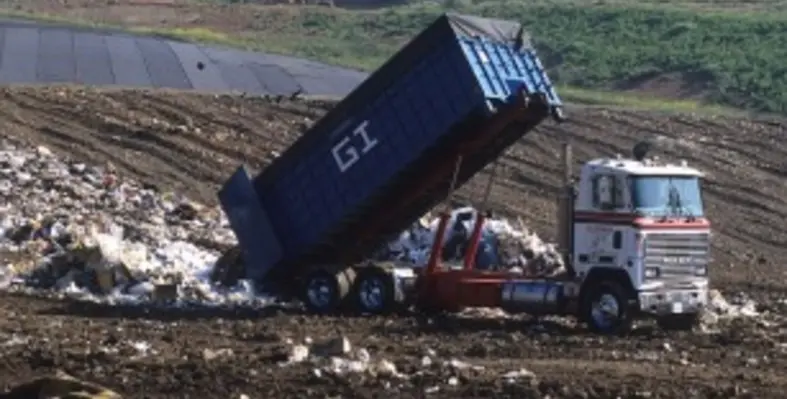A recent study by Frost & Sullivan shows that the rise in waste is likely to cause disruption to the existing waste management system in the GCC and open new opportunities in the sector
The total waste generated in the GCC is predicted to increase from 94 mmt in 2015 to as high as 120 mmt per annum by 2020. The report noted that this will be spurred by the rapid increase in waste generation, predominantly in Saudi Arabia and the UAE. Municipalities in the GCC are currently not equipped to handle this level of waste generation through the existing waste management strategies.
The report pointed out that there will be disruptions to the logistics, composition and treatment involved in waste management. The increase in volume will pose challenges to the existing waste management industry, which primarily focuses on collection and transportation and also call for greater focus on optimising the segregation process. Waste composition is also predicted to undergo major changes. The predominantly construction, demolition and municipal waste in the GCC will see a shift towards greater electrical and electronic, industrial hazardous, and bio-medical waste, which will require environmental-friendly treatment capacities.
Frost & Sullivan points out that this disruption will result in emergence of opportunities in the sector for companies that can deliver solutions around segregation, recycling, sustainable treatment, and waste-to-energy across services, technologies, and equipment. Energy equipment and pollution control equipment manufacturers will also face an increase in demand for boilers, incinerators, flue-gas treatment systems, geomembrane liners and recycling plant machinery, the report said.
Frost & Sullivan associate director and regional head Abhay Bhargava said, ?The GCC will have to make a radical move towards integrated waste management with an emphasis on ?waste-to-value? methods such as recycling and waste-to-energy coming into the picture.?







